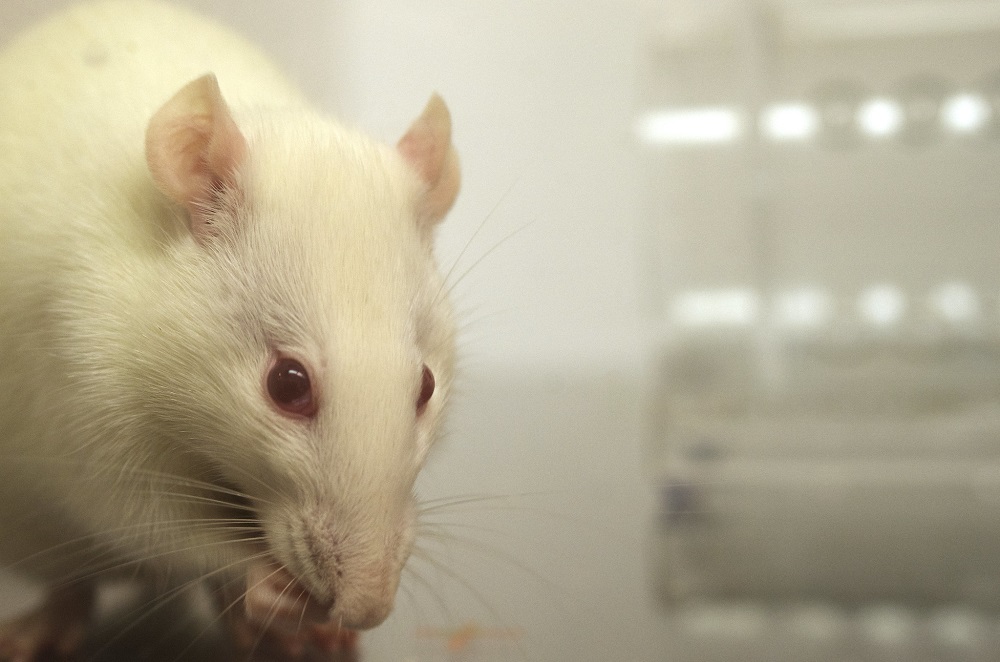New campaign group urges MSs to support call to end animal testing in Wales

Emily Price
A new campaign group has urged all Members of the Senedd to support a call for an end to animal research and testing in Wales.
Although not a devolved matter, campaigners claim there is a role for the Welsh public to play in challenging the UK Government’s legislation which permits “pain, suffering, distress or lasting harm” to laboratory animals.
Animals (Scientific Procedures) Act 1986 covers the use of animals in experiments and testing in the UK and came into force in 2013 after the original 1986 Act was revised to include new regulations specified by the European Directive on the protection of animals used for scientific purposes.
The use of animals in research in Wales, England and Scotland is regulated by the Home Office.
Wales Against Animal Experiments opposes the “cruel and ineffective” use of animals in research and has asked Welsh politicians to lend support to their new initiative.
Spokesperson for the group, Pip Morris, said: “There is clear evidence that people in Wales feel strongly about this issue – a YouGov poll from March 2021 showed that 8 out of 10 adults living in Wales oppose animal experiments and favour non-animal methods.
“Animals suffer greatly in such experiments and yet the vast majority of procedures do not result in breakthroughs or even advances in human medicine and as such, hinder progress.”
According to the latest figures, approximately 39,000 procedures on animals took place in Wales in 2022.
This was a slight increase with uses rising from 38,969 in 2021 to 39,261 in 2022.
In the UK, more than 90% of drugs showing promise in animal toxicity tests are found to be either ineffective or harmful to humans.
‘Failed methods’
Campaigners say that despite millions of animals being sacrificed every year in the UK, the vast majority of procedures do not result in breakthroughs or even advances in human medicine.
The group says public funding continues to be poured into “old, failed methods” as the scientific community is reluctant to move away from animal models or embrace new
technologies.
Experiments conducted at universities are often categorised as basic research – usually ‘curiosity-led’ – meaning there is no legal obligation for the tests to
be carried out but are conducted solely to satisfy the curiosity of a particular researcher.
Movement
Ms Morris said: “After decades of research cancer can be cured in mice but not humans. New cutting-edge human relevant methods, on the other hand, have a very high rate of success.”
The campaign group has written a letter to all Members of the Senedd, urging them to press their local MPs to give their support to the Early Day Motion (EDM 25), recently tabled in Parliament.
The motion calls for the UK Government to mandate a public scientific hearing to examine the evidence and decide if animal experiments remain relevant and viable in the 21st century.
The group says it wants to grow a grass-roots movement that will contribute to the existing anti-vivisection lobby and is reaching out to the Welsh public to get on board with the campaign.
Ms Morris said: “We can set an example here in Wales by calling for effective, human-relevant research grounded in science, not tradition.”
A Facebook group providing information, materials and resources can be found here.
Support our Nation today
For the price of a cup of coffee a month you can help us create an independent, not-for-profit, national news service for the people of Wales, by the people of Wales.





